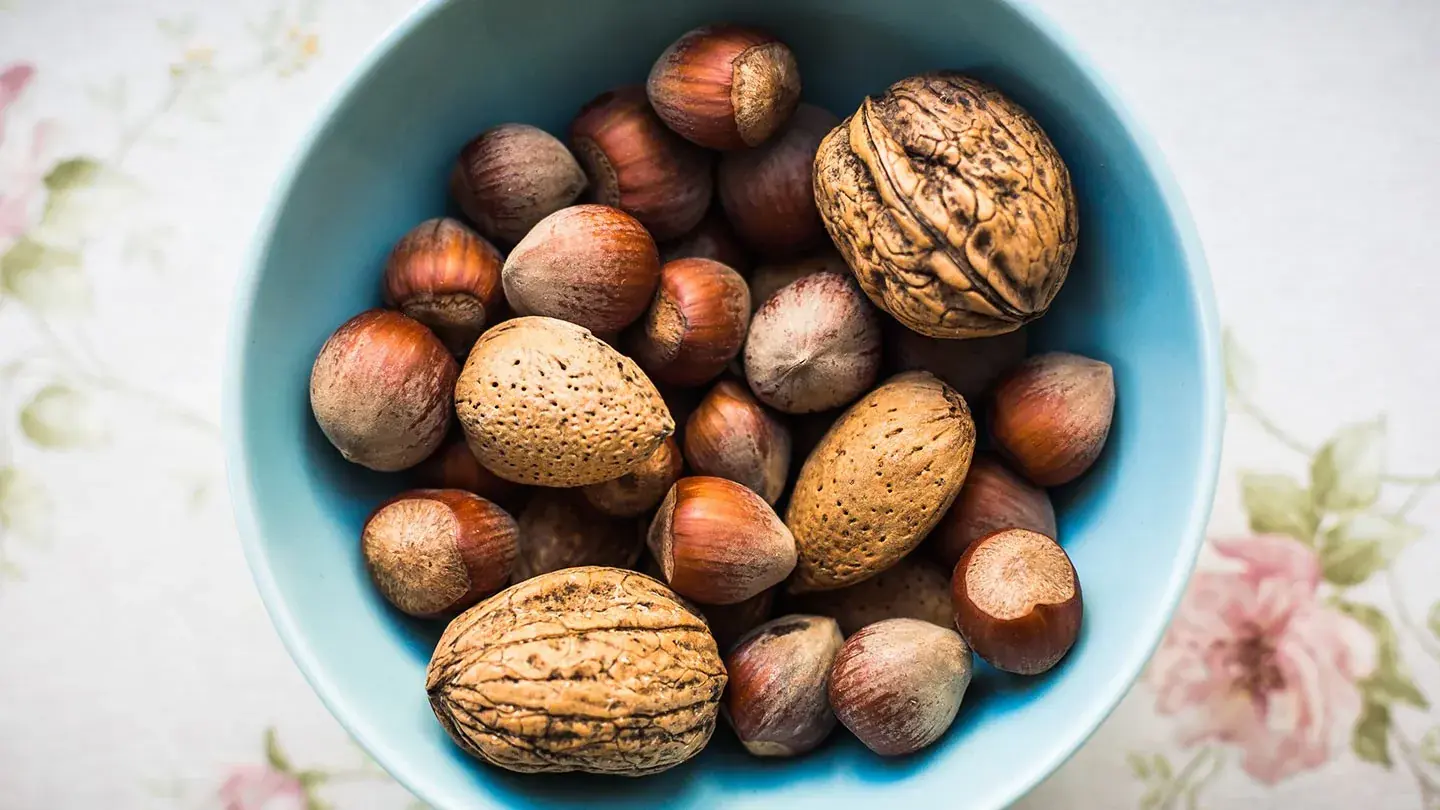
While you may not often think about the white mulberry tree, this modest plant offers numerous health benefits.
Research has linked white mulberry to better heart health, improved blood sugar control, and even potential cancer prevention.
A Plant with Deep Historical Roots
White mulberry was introduced to the United States during colonial times in an attempt to establish a domestic silk industry. Though the silk trade never fully developed, the tree adapted well to various conditions and is now found across North America and other temperate regions.
In addition to its role in silk production, the tree's durable, long-lasting wood has been used for furniture, boats, and sporting goods.
However, the leaves and berries of the white mulberry, rich in nutrients and bioactive compounds, might hold the plant's greatest value.
Key Health Benefits of White Mulberry
-
Helps Regulate Blood Sugar
One of the most notable benefits of white mulberry is its ability to stabilize blood sugar levels. Its leaves contain a compound called 1-deoxynojirimycin (DNJ), which helps slow the breakdown of carbohydrates, reducing the release of glucose into the bloodstream. This is especially helpful for individuals with type 2 diabetes or prediabetes, as it reduces blood sugar spikes after meals.
-
Supports Heart Health
White mulberries are rich in antioxidants and plant compounds that help lower LDL ("bad") cholesterol and improve blood circulation. Over time, these benefits can reduce the risk of heart disease and promote healthy blood pressure levels.
-
Potential Anti-Cancer Effects
Preliminary studies suggest that white mulberries contain resveratrol, a potent antioxidant found in red wine. Although further research is needed, this compound may play a role in inhibiting the growth of certain tumors, offering potential anti-cancer benefits.
-
Boosts Immune Function and Reduces Inflammation
High in polyphenols and vitamin C, white mulberry helps the body fight off inflammation and infections. Its antioxidant properties also help protect cells from oxidative stress, a factor linked to chronic diseases and aging.
-
Relieves Respiratory Symptoms and Joint Pain
White mulberry tea has traditionally been used to alleviate cold symptoms such as fever, sore throat, and coughing. It is also used to ease joint pain and muscle stiffness, including the symptoms of arthritis.
-
Aids Digestion
The natural fiber in white mulberries supports gut health and digestion. Its organic acids and pectin promote regular bowel movements and can improve nutrient absorption.
-
Promotes Skin and Hair Health
In traditional Chinese medicine, white mulberry is used to treat conditions such as tinnitus, dizziness, and hair loss. Due to its antioxidant content, it may also improve scalp health and help reduce signs of skin aging.
Nutritional Highlights
White mulberry leaves and berries are rich in several nutrients, including:
-
Vitamin C for tissue repair and immune defense
-
Vitamin B for brain health and energy
-
Pectin and fiber to support digestion
-
Flavonoids and polyphenols, known for their antioxidant effects
-
Resveratrol, which has anti-inflammatory and anti-cancer properties
-
Organic acids and carotene for skin health and metabolism
What Studies Say
Studies have shown that white mulberry improves insulin sensitivity and lowers fasting blood sugar levels. Research from the University of Texas links resveratrol in mulberries to heart protection and possible cancer-fighting effects. While most research focuses on its blood sugar benefits, other studies confirm its anti-inflammatory and cholesterol-lowering properties.
Safety Considerations
White mulberry is generally safe when consumed in moderation. However, individuals on diabetic medications should consult their doctor, as combining the two may lead to dangerously low blood sugar levels.
Pregnant or breastfeeding women are advised to avoid large doses of white mulberry due to a lack of safety data.
How to Enjoy White Mulberry
-
Tea: Brew dried leaves to make a calming herbal tea that helps regulate blood sugar and soothe cold symptoms.
-
Extracts or Capsules: These are ideal for those looking for a more concentrated dose.
-
Berries (fresh or dried): Enjoy them as a snack or add them to your breakfast for a boost of antioxidants.
Final Thoughts
Despite being often overlooked, white mulberry is a powerful natural remedy with a rich history and growing scientific support. Including this plant in your daily routine can offer significant benefits for blood sugar regulation, immunity, and heart health.























